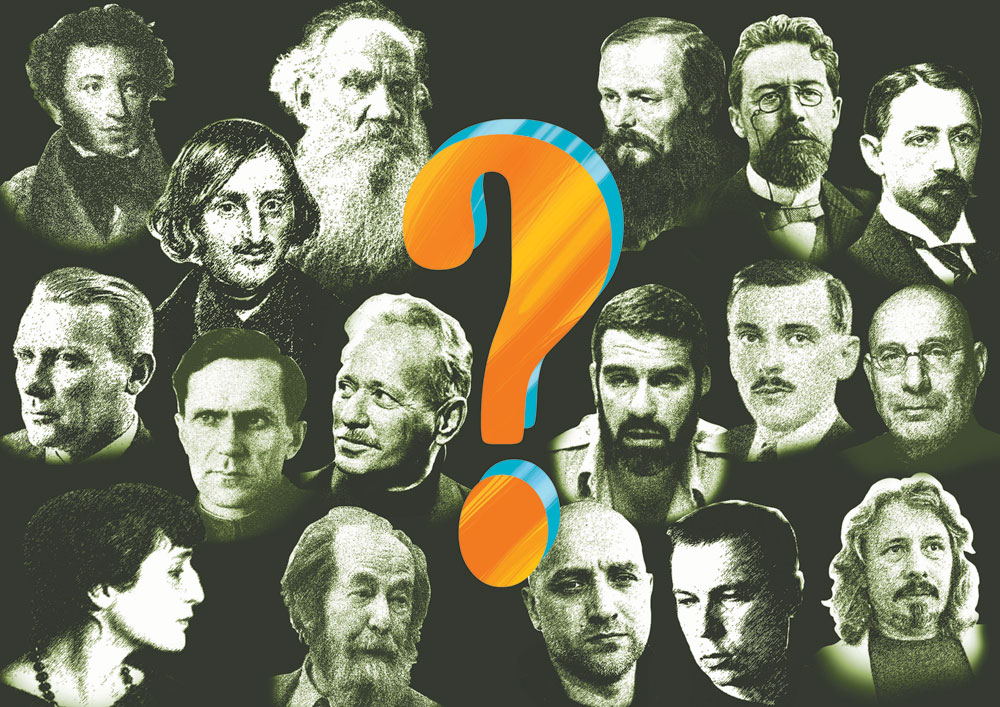5 new Russian books for your summer reading list

What can be better than lying on the grass with a book!
Alamy/Legion Media1. Gaito Gazdanov - The Flight
(translated by Bryan Karetnyk; Pushkin Press, March 2016)
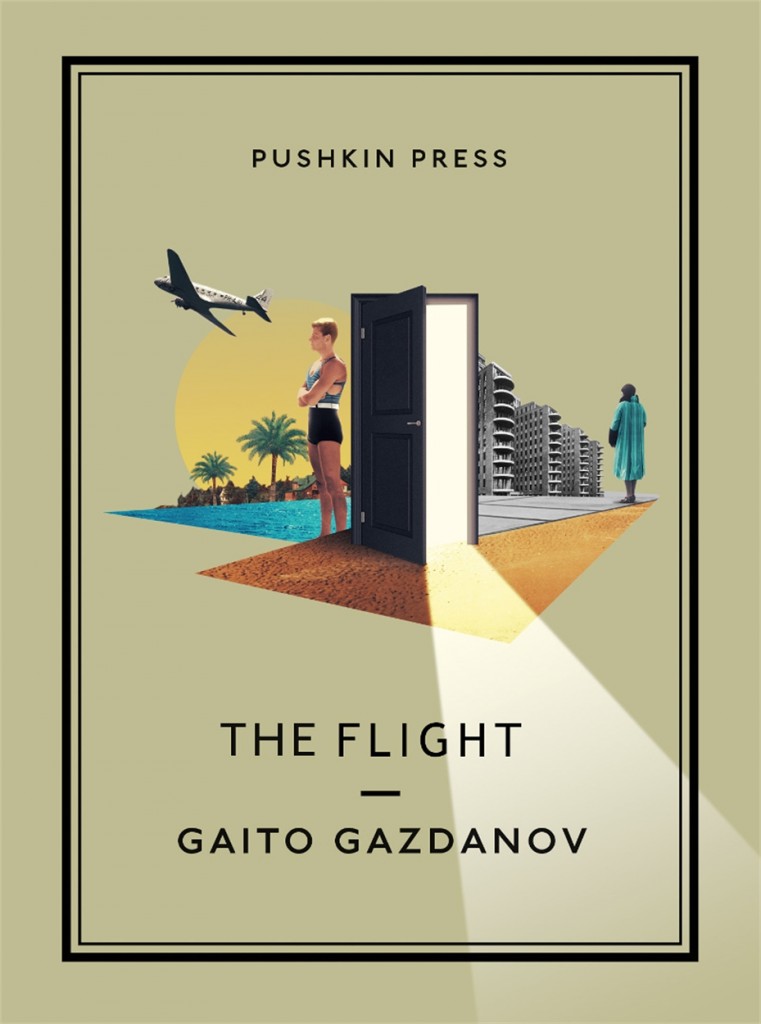 |
Written in 1939, this is a beautifully crafted gem of a book satirizing the lives of Russian émigrés in 1930s Paris, London and the sultry south of France. Unbelievably, the novel has never been published in English before. There are moments of cynical glee worthy of Oscar Wilde, like the actress whose first thought when her husband dies is “the wonderful publicity that would appear in advance of her music hall’s opening night.” But Gazdanov combines humor and style with an underlying profundity, exploring themes that include love, death, exile and the elusive meaning of happiness.
Gazdanov’s novel is populated by vivid comic cameos: Lola the ageing actress, who – though plagued by aching joints and hemorrhoids – is convinced she is still irresistible or shabby artist Yegorkin, living on the French Riviera, who paints only bare-shouldered women on snowy Russian troikas. In bringing these characters together, Gazdanov skillfully creates moments - a marital arm wrestle, an open dressing gown - that are at once convincingly real and astutely symbolic.
2. Osip Mandelstam - Voronezh Notebooks
(translated by Andrew Davis: New York Review Books, Feb 2016)
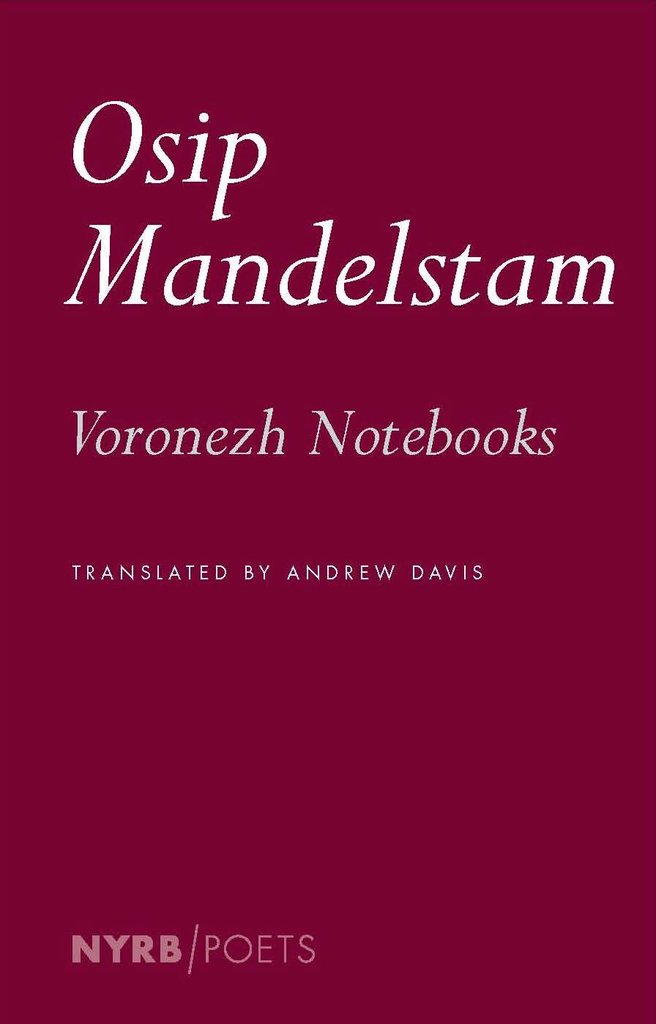 |
Joseph Brodsky called Mandelstam the greatest Russian poet of the 20th century, and in this pocket-sized book, poet and translator Andrew Davis has captured his powerful subtlety. Mandelstam draws images from Renaissance art (a sky that is “pure Michaelangelo”), from classical myths and Russian legends, but, above all, from the black-earthed steppe that surrounded his years of internal exile near Voronezh: goldfinches, pine forests and ploughed fields.
Davies employs a sometimes startling informality in reinventing Mandelstam’s fresh, eclectic voice (“hot babes”, “gotta keep living”). Here, too, are reimagined echoes of the original sound patterns, from the sibilance of “icy eunuchs pass out cyanide” to the buzzing, punning menace of: “Vagrant Voronezh; raven, edge…” There was horror in Mandelstam’s life and his poems survive thanks to his wife, Nadezhda. “I’m in the heart of the century. The road is dim,” he wrote in 1936, but his verses are lights in the darkness to illuminate the sublime mundane.
Read more: 8 key places from Osip Mandelstam’s life
3. Marina Tsvetaeva - The Essential Poetry
(translated by Michael Nayden and Slava Yastremski; Glagoslav, 2015)
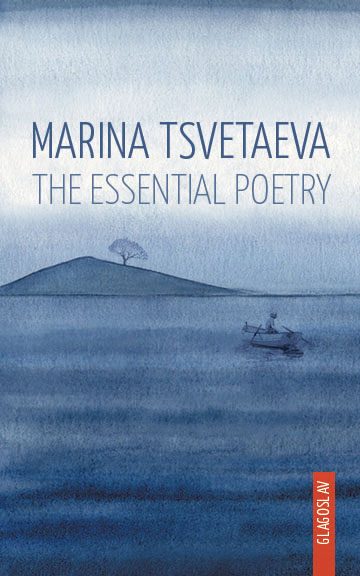 |
“Irreversibly, indefatigably, / Irretrievably lines of poetry gush out,” wrote Marina Tsvetaeva in 1934. Tsvetaeva is another great poet from Russia’s early 20th century Silver Age available in a new volume. The Essential Poetry presents a selection of poems in chronological order, from 1910 to the extraordinary, heartbroken 1924 cycle, “Poem of the End.”
Translators Nayden and Yastremski have found ways to express Tsvetaeva’s intensity in English, from her strange mid-word hiatuses and unexpected colloquialisms, to her use of Church Slavonic. Bereavement, starvation, exile, war and suicide… Tsvetaeva’s life story is also a catalogue of tragedies, but her poetic gift survives here in a flawed but fascinating English version.
Read more: For the great poet Marina Tsvetaeva, 'every verse was a child of love'
4. Olga Slavnikova – Light-Headed
(translated by Andrew Bromfield; Dedalus Books, 2015)
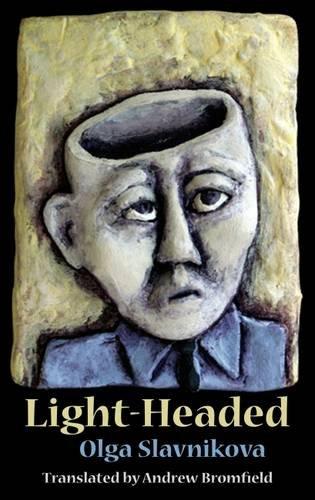 |
In Moscow’s inflated housing market, Maxim T. Yermakov, “brand manager for several appalling varieties of milk chocolate,” cannot afford his own flat. In many ways an individualist Muscovite everyman, Maxim was born with a strange, empty head, “a void through which the wind blew freely.” When sinister government agents arrive at his workplace and tell him his unusual head will cause thousands of people to die (“In Moscow and St Petersburg, shopping centers and amusement halls will collapse…”), there is only one solution: Maxim must shoot himself.
This bizarre premise is the wobbly foundation for Light-Headed. Slavnikova's previous novel, 2017, which won the 2006 Russian Booker, also blended sci-fi, thriller and fantasy. Her latest edifice takes its place in Russian literature's rich satirical tradition, tempering philosophical bleakness with comedy and reflecting the modern world in a warped, disturbing mirror.
5. Svetlana Alexievich - Chernobyl Prayer
(translated by Anna Gunin and Arch Tait; Penguin Modern Classics, April 2016)
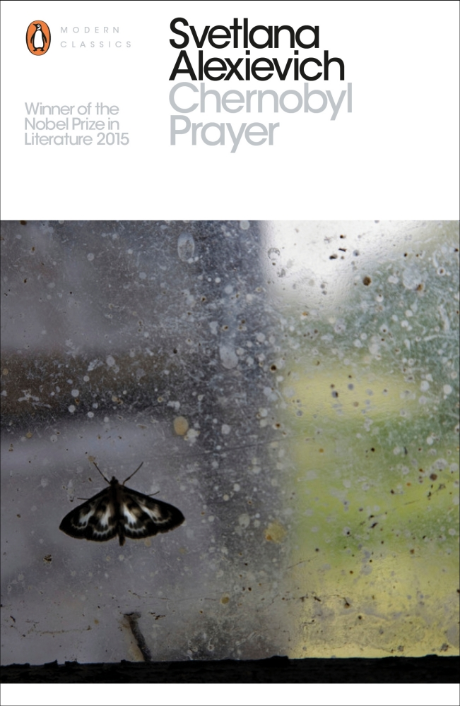 |
“This is not a book on Chernobyl, but on the world of Chernobyl,” writes Svetalana Alexievich, the Russophone Belarusian author who won last year’s Nobel Prize for Literature. Her revised, many-voiced history of the 1986 disaster at Ukraine’s Chernobyl nuclear reactor is compelling and timely, appearing in English thanks to Tait and Gunin’s translation.
It took her years to complete, talking to hundreds of “scientists, doctors, soldiers, displaced people” and turning their stories into a poignant, documentary choir. “What I’m concerned with is … the missing history, the invisible imprint of our stay on earth and in time … the life of the soul,” Alexievich writes. Her work is rooted in lived reality. For the people she interviews, Chernobyl is “no metaphor, no symbol: it is home.”
All rights reserved by Rossiyskaya Gazeta.
Subscribe
to our newsletter!
Get the week's best stories straight to your inbox
